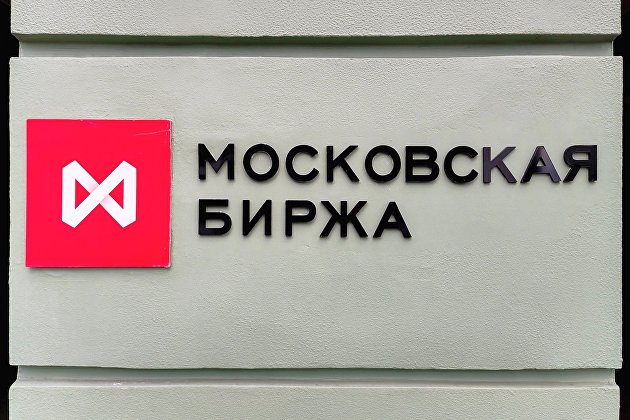Moscow Exchange Reopens With Central Bank To Purchase Government Bonds
Russia’s Central Bank recently announced that the trading of bonds and shares on the country’s financial markets are to gradually resume. This comes after nearly a month of trade being suspended due to economic sanctions placed on Moscow.
The announcement was made by Elvira Nabiullina, the newly appointed governor of Central Bank. Nabiullina stated that the Moscow Exchange is now ready to resume, and that trading will open for government bonds. Furthermore, Central Bank will be buying governmentbonds. This, she said, is to “neutralize excessive volatility and provide balanced liquidity” to the country’s economy.
The financial regulator did not specify how much Central Bank is willing to spend on buying government debt, only stating that it would be enough to limit the risks to financial instability in Russia.
Dmitry Polevoy, an analyst for the Loko Invest brokerage, described this as a form of quantitative easing, QE, a system of stimulus packages provided by central banks in order to maintain liquidity and economic growth.
Analysts predict heavy falls in the value of Russian assets as trading gets back underway. VasiliyKarpynin, head of analytics at Moscow-based BKS Investments, foresees a lot of buy and sell applications coming into the market after such a long period of downtime, leading to a probable flood of stock selling.
In her statement, Nabiullinamade assurances that the sole purpose of the Central Bank’s purchase of government bonds is to help improve financial stability in the country’s economy. She went further tostress the differences to other QE bond buying programs used in the US and in Europe, asserting Central Bank’s intention to fully sell the assets once stability has returned to the financial markets. She says this will be necessary to neutralise the effects that their action will have monetary conditions. She also reported that the trading in equities of Russian companies, a highly volatile part of the market, is to remain closed for the time being.
Meanwhile, the Russian government has apparently set aside funds of up to 1 trillion rubles to buy Russian shares as the market reopens. This intended to take the brunt of the inevitable mass sell-off of Russian stock and assets.
After an increase in middle-class Russians flooding to the stock market over recent years due to relaxed legislation, low commissions and mobile brokerages, it is here that many have already seen heavy losses due to market sell-offs.Some, even before the implementation of sanctions had begun. The rest continue to brace for further write-downs.
As the value of the Russian ruble plunges to historic lows, key interest rates have more than doubled, impacting the business and livelihood of the Russian public at all levels.
Analysts warn of a sharp fall in share prices going forward, which will in turn trigger defaults on the loans collateralised on the stocks being sold. They also foresee the reopening as being only partial and a bit of a gamble like online roulette, with trading limits and capabilities narrowly restricted.
